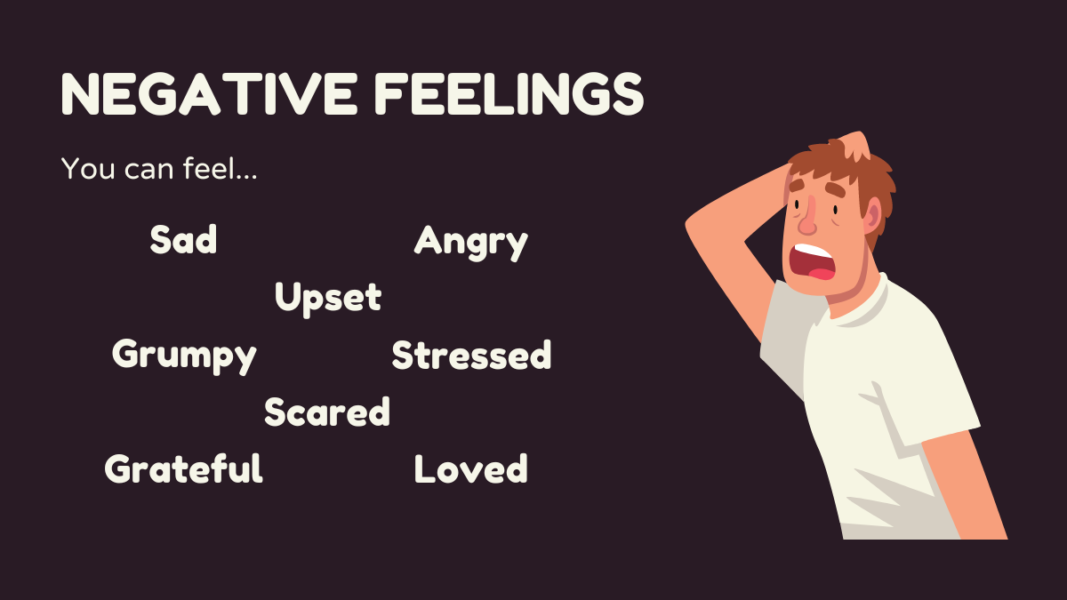Understanding and Overcoming Low Self-Esteem: A Comprehensive Questionnaire
Low self-esteem and an unhealthy inner critic can significantly impact one’s quality of life. These issues often go unnoticed, but they can have profound effects on mental and emotional well-being. In this article, we will explore a comprehensive questionnaire designed to help you determine whether you are suffering from low self-esteem and an unhealthy inner critic. By identifying these issues, you can take the necessary steps to improve your self-esteem and overall mental health.
What is Self-Esteem?
Defining Self-Esteem
Before delving into the questionnaire, it’s essential to understand what self-esteem is. Self-esteem refers to the way we perceive and value ourselves. It plays a vital role in our self-image and influences our thoughts, emotions, and behaviors.

Signs of Low Self-Esteem
Recognizing Low Self-Esteem
Low self-esteem manifests in various ways. Here are some common signs:
- Negative Self-Talk : Constantly criticizing yourself and doubting your abilities.
- Perfectionism : Setting unrealistically high standards and feeling like a failure if you don’t meet them.
- Social Withdrawal : Avoiding social interactions due to fear of judgment or rejection.
- Lack of Self-Confidence : Feeling unsure about your decisions and abilities.
- Seeking Validation : Constantly seeking approval and validation from others.
The Questionnaire
Assessing Your Self-Esteem
Now, let’s dive into the questionnaire. Answer these questions honestly to gain insights into your self-esteem:
- Do you often criticize yourself for your mistakes or shortcomings? (H3)
- Are you afraid of failure to the point that you avoid taking risks? (H3)
- Do you find it challenging to accept compliments from others? (H3)
- Are you overly sensitive to criticism or rejection? (H3)
- Do you compare yourself to others and feel inferior? (H3)
- Are you hesitant to express your opinions and ideas in social situations? (H3)
- Do you feel unworthy of love and affection? (H3)
- Are you constantly seeking external validation through achievements or possessions? (H3)
- Do you often feel anxious or depressed due to negative self-thoughts? (H3)
- Do you avoid pursuing your goals and dreams because you believe you’ll fail? (H3)
Interpreting Your Results
What Your Answers Mean
After completing the questionnaire, tally your “yes” answers. The more “yes” answers you have, the higher the likelihood of low self-esteem. It’s essential to remember that everyone experiences moments of self-doubt, but persistent negative self-perception is a sign of low self-esteem.

Overcoming Low Self-Esteem
Taking Steps Towards Self-Improvement
If you’ve identified that you may be suffering from low self-esteem, don’t worry; there are steps you can take to improve it:
- Practice Self-Compassion: Treat yourself with the same kindness and understanding you offer to others.
- Challenge Negative Thoughts: Whenever you catch yourself engaging in negative self-talk, challenge those thoughts with evidence to the contrary.
- Set Realistic Goals: Avoid setting yourself up for failure by setting achievable goals.
- Seek Support: Talk to a therapist or counselor who can provide guidance and strategies for improving self-esteem.
- Surround Yourself with Positivity: Spend time with people who uplift and support you.
Conclusion
In conclusion, understanding and addressing low self-esteem and an unhealthy inner critic are crucial for personal growth and well-being. By taking the questionnaire and reflecting on your answers, you’ve already taken the first step towards self-improvement.
Remember that improving self-esteem is an ongoing process, and it’s okay to seek professional help if needed. You deserve to feel confident, self-assured, and happy in your own skin.
FAQs (Frequently Asked Questions)
Is low self-esteem a common issue?
Yes, low self-esteem is a widespread issue that affects people of all ages and backgrounds.
Can low self-esteem be overcome without professional help?
While self-help strategies can be effective, seeking professional guidance can accelerate the process of improving self-esteem.
Are there any books or resources you recommend for boosting self-esteem?
“The Six Pillars of Self-Esteem” by Nathaniel Branden and “The Gifts of Imperfection” by Brené Brown are excellent resources.
How long does it typically take to see improvements in self-esteem?
The timeline for improvement varies from person to person. It may take weeks or several months of consistent effort.
Is it possible to have healthy self-esteem all the time? (H4)
While everyone has moments of self-doubt, with practice and self-awareness, you can maintain healthier self-esteem over time.
In this article, we explored the significance of self-esteem and offered a comprehensive questionnaire to help you assess your own self-esteem levels. By recognizing and addressing low self-esteem, you can embark on a journey of self-improvement and personal growth.
https://449recovery.org/guides/low-self-esteem/






